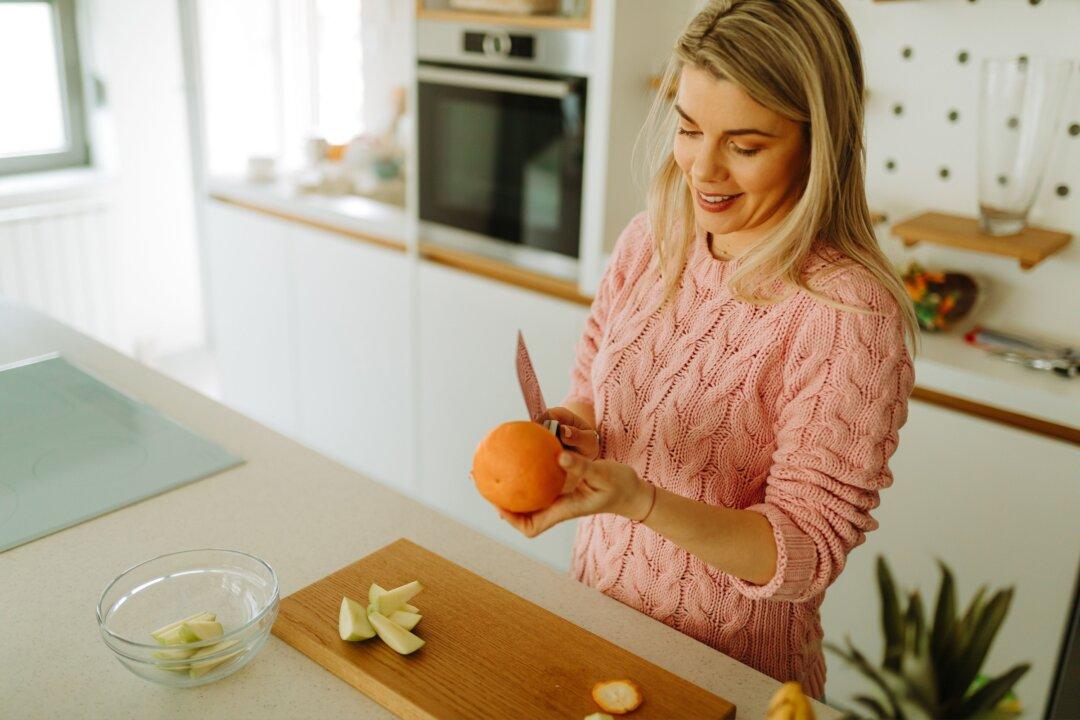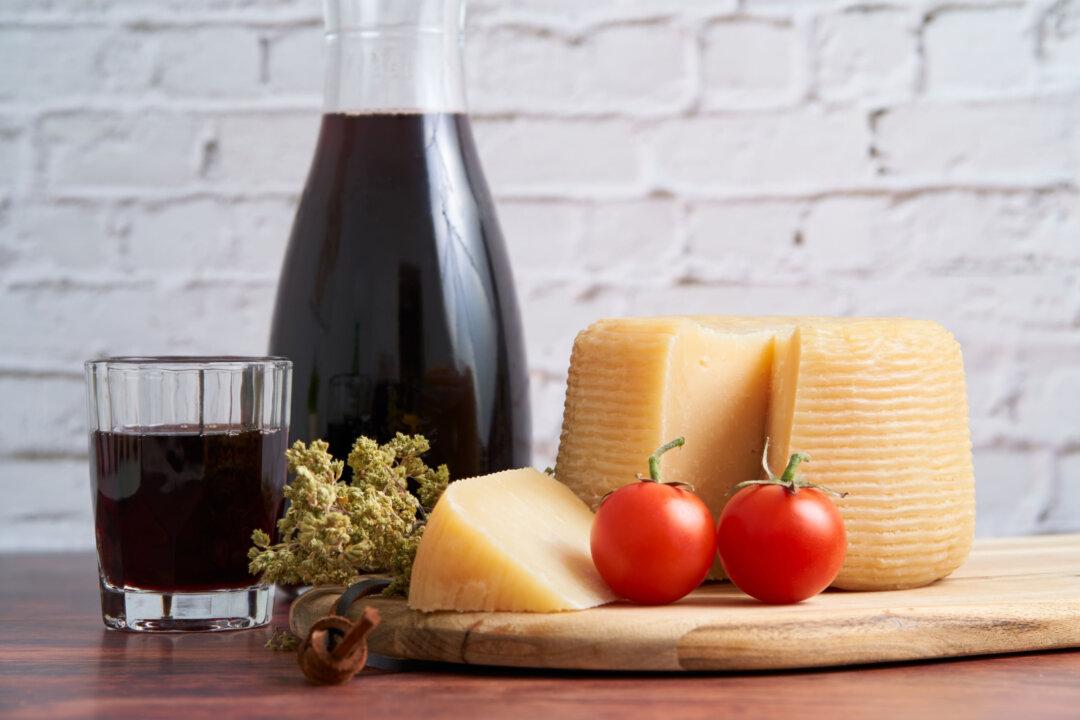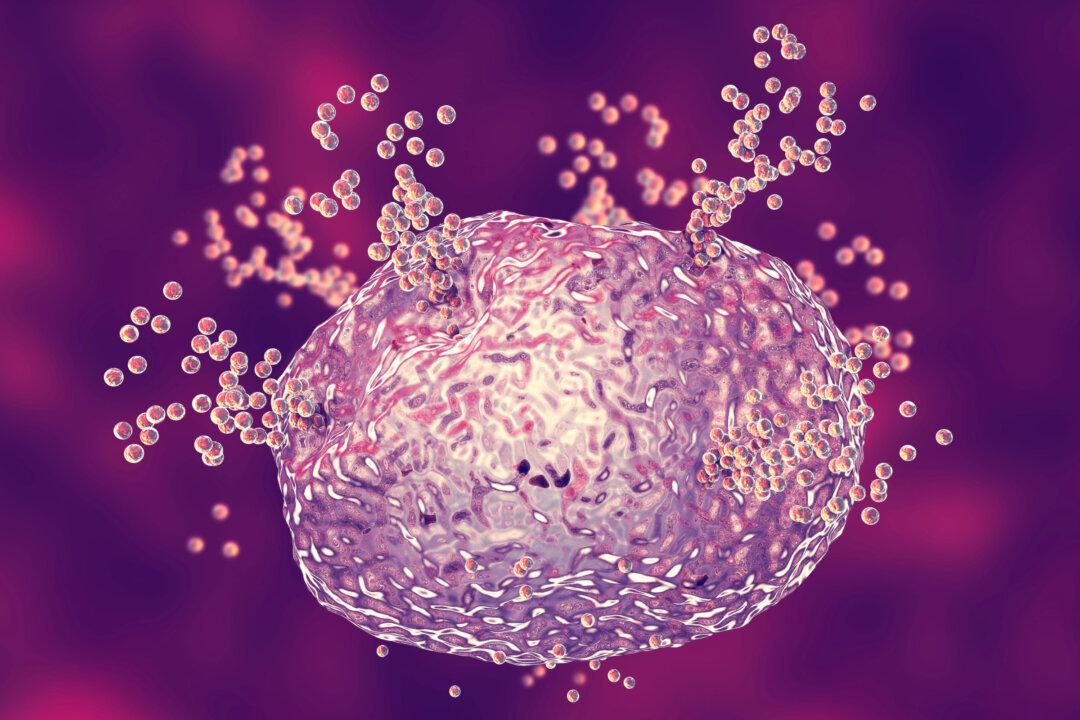For generations, men and women of child-bearing age have turned to various medicinal herbs to promote their fertility. There are several factors that affect fertility, including hormone imbalances, environmental toxin exposure, immune dysregulation, nutrient-poor and inflammatory diets, and stress. With infertility affecting roughly 15 to 30 percent of couples, we would be wise to turn to these natural remedies to promote optimal fertility.
I would like to share some of my favorite herbs to foster fertility in women, and how to use them in a tea preparation when looking toward conception. Incorporating a fertility-enhancing tea can help women pursue pregnancy with more confidence knowing they’re aiding their body in a positive way.
The Herbs
Red Raspberry Leaf
The dried leaves of the raspberry plant (Rubus idaeus) have been used to tone the uterus and regulate menstrual cycles. Fragrine, one of the constituents in red raspberry leaf, is an alkaloid that tones the muscles in the pelvic area, especially the uterus. Red raspberry leaf also has important minerals such as calcium, magnesium, and iron.Stinging Nettle
Stinging nettle, also known as Utica dioica, is a nutrient-dense herb that’s particularly rich in iron, calcium, and vitamins A, C, D, and K. It has also been thought of as a uterine tonic. It also has cleansing properties to gently detoxify the body.Lady’s Mantle
Alchemilla mollis, or lady’s mantle, has been used in Ayurvedic medicine for a long time to regulate menstrual cycles and promote fertility. Due to its ability to promote progesterone levels, tone the uterus, and stimulate ovulation, it’s a favorite among herbalists for women seeking preconception health.Peppermint
I’ve added peppermint because it provides valuable antioxidants to this formulation along with a lovely flavor. Peppermint is also helpful for digestion and assimilating nutrients. If you have known high androgen levels or experienced polycystic ovary syndrome, use spearmint. It has been shown to decrease free testosterone and increase luteinizing hormone, follicle-stimulating hormone, and estradiol.Green Tea
Green tea is famous for its significant levels of polyphenols. These polyphenols increase antioxidant levels within the body and reduce oxidative stress. Studies have confirmed the significant roles of antioxidants in male and female infertility.Honorable Mentions
While these herbs are not included in this particular tea recipe, I wanted to highlight them. If you feel your body would benefit from these components, feel free to add them to your tea.Chaste Berry
Also known as Vitex agnus-castus, chaste is able to regulate hormonal imbalances. It is often used for irregularities of the menstrual cycle, infertility, premenstrual complaints, and cyclical breast pain. Again, this herb helps to foster optimal progesterone levels.Ashwagandha
Ashwagandha, or Withania somnifera, is an evergreen shrub native to India. It is an adaptogenic herb that helps the body to respond appropriately to stress. Sometimes stress manifests in couples hoping to conceive, and we know that stress can disrupt various aspects of fertility. Ashwagandha can be a helpful tool in reducing stress and anxiety along with regulating the circadian rhythm.THE TEA
- 2 cups red raspberry
- 1 cup dried stinging nettle
- 1 cup peppermint
- 1/2 to 1 cup green tea
- 1/2 cup lady’s mantle






